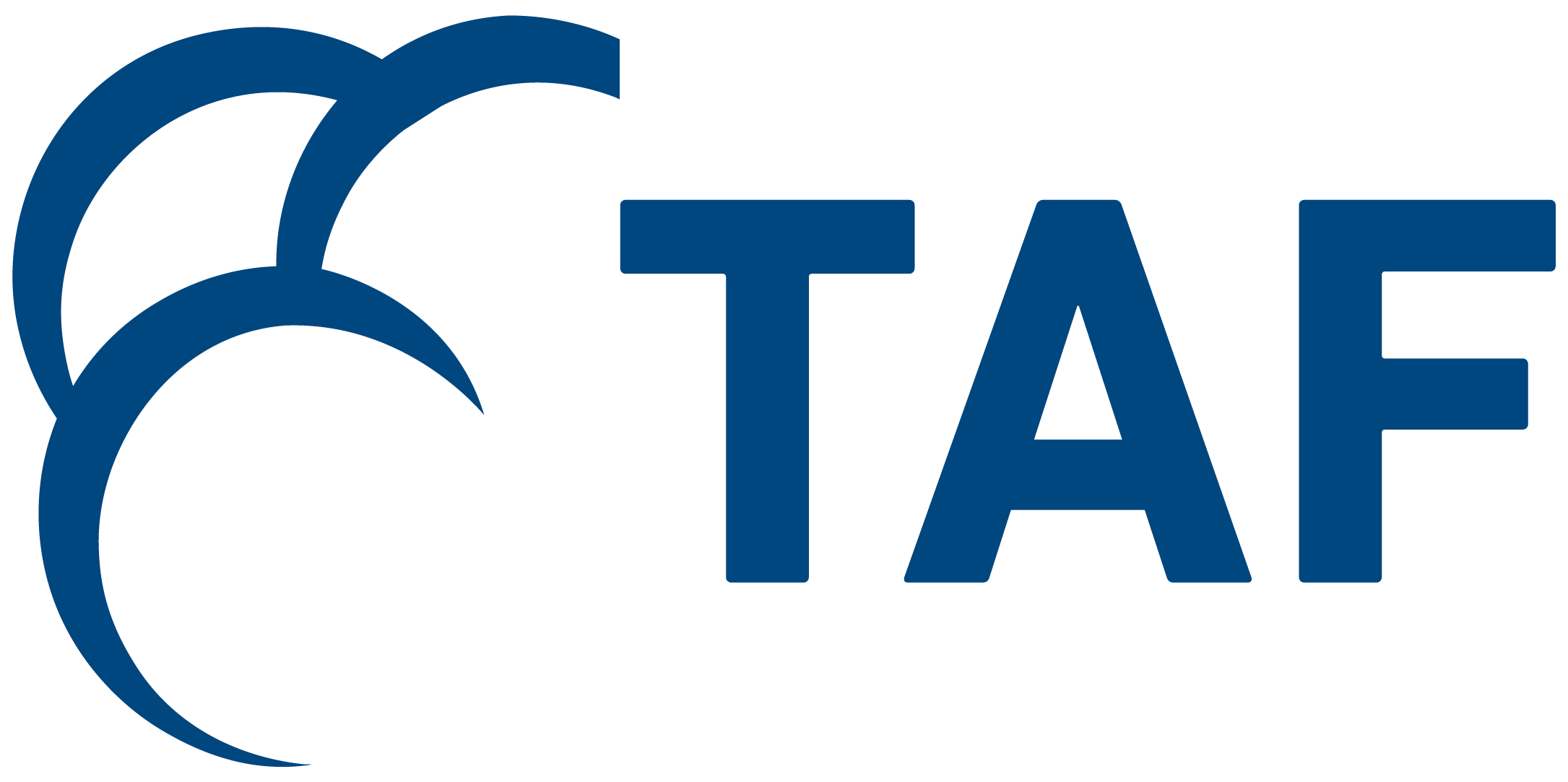Residential Takeoff and Analytics Tool for Low Carbon Retrofits



Home energy evaluations are integral in ensuring that retrofits are implemented effectively and maximize energy and cost savings potential. However, this process, which involves site visits and extensive data collection and analysis, can be cumbersome and time-consuming. Furthermore, energy efficiency improvements must also result in substantial emissions savings to have an impact on the fight against climate change. This poses a challenge since the traditional convention analyzes primarily energy and cost efficiencies, often with little consideration for emissions or their impact on climate change.
Volta Research is developing an easy-to-use software application that will streamline the energy assessment and modelling process for existing low-rise residential buildings. The web-based tool will provide seamless integration of on-site data collection and off-site follow-up analysis with industry-standard energy modelling software: HOT2000. The tool will also provide enhanced, location-specific energy and emissions analytics and retrofit recommendations, helping Certified Energy Advisors save time and provide their clients with the most effective retrofit options.
This tool will expand our software platform Volta SNAP, which currently aims to help energy advisors evaluate new buildings. The output of this project will be a holistic energy modelling tool aimed at helping energy efficiency professionals deliver substantial energy and emission savings for Canadian buildings and homeowners.







The Residential Takeoff and Analytics Tool for Low Carbon Retrofits project is made possible by a financial contribution from The Atmospheric Fund (TAF).
